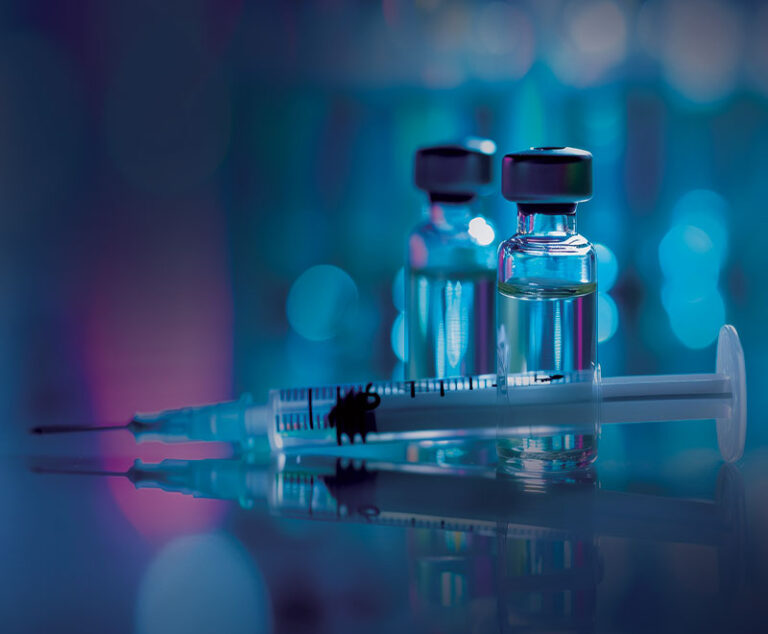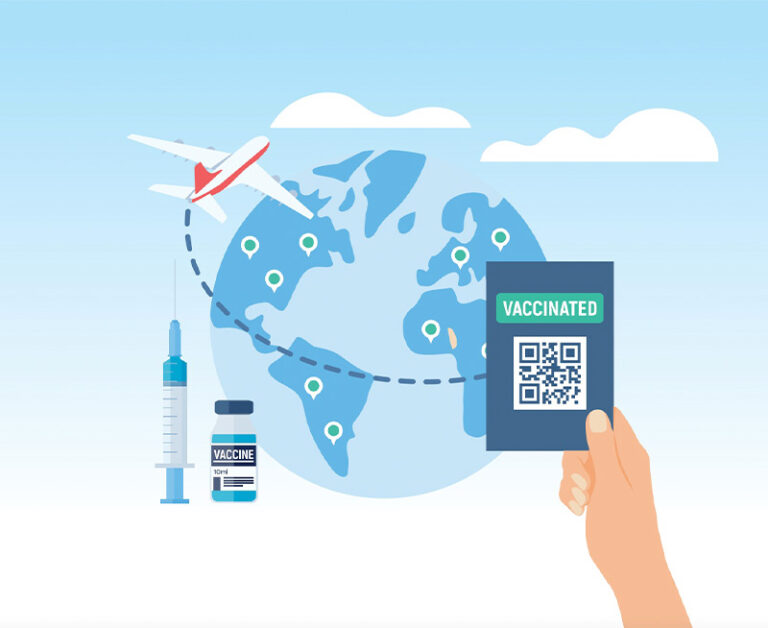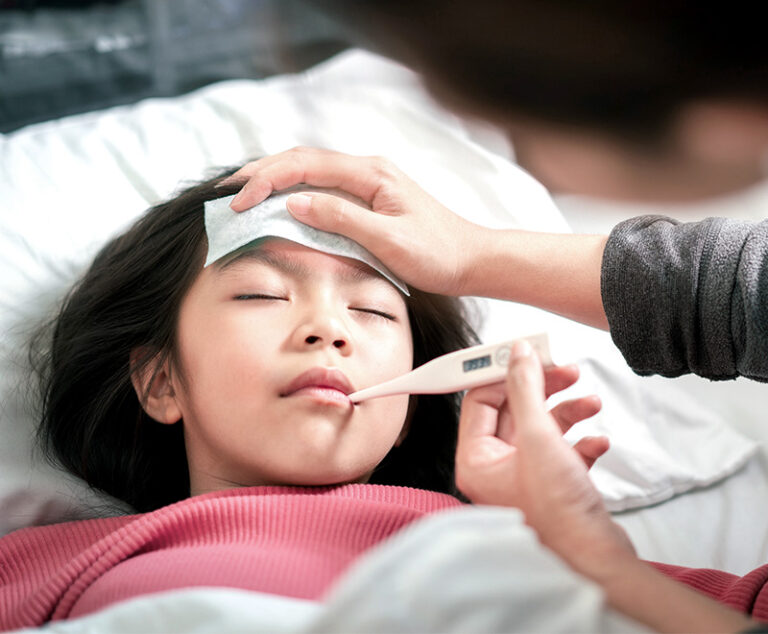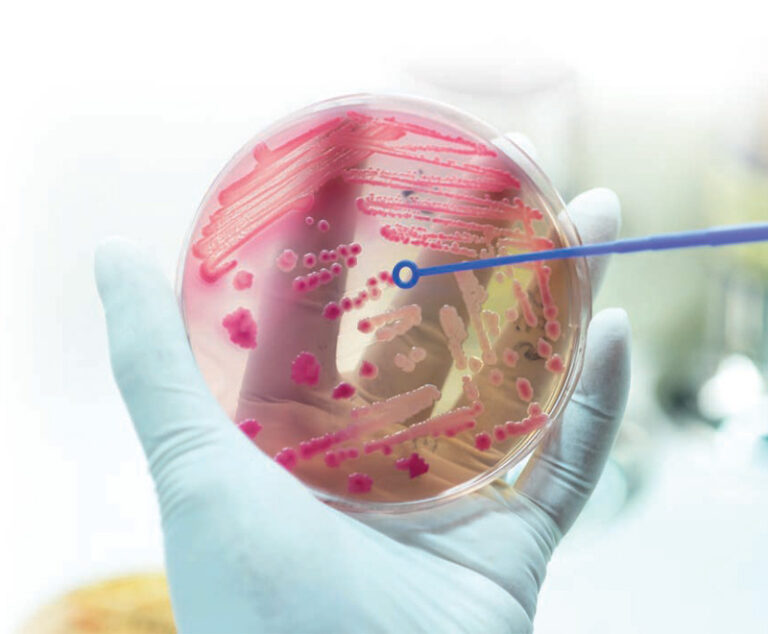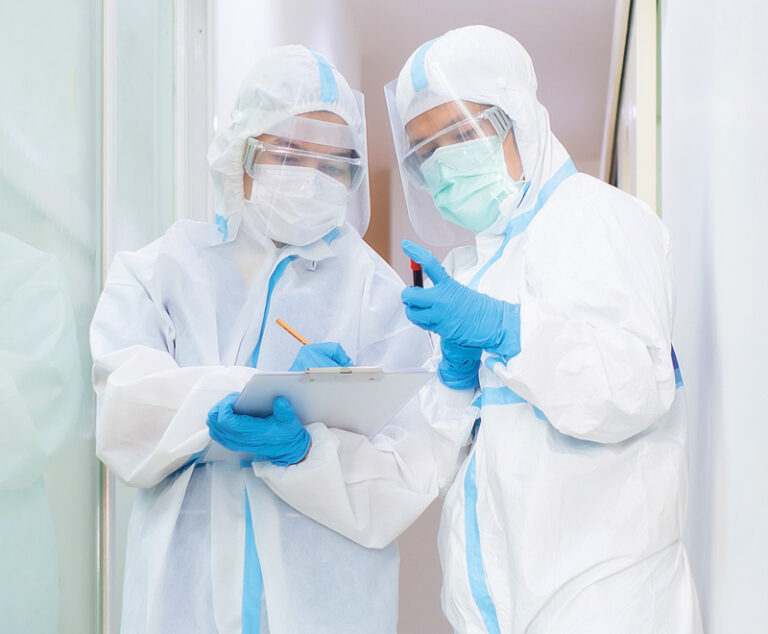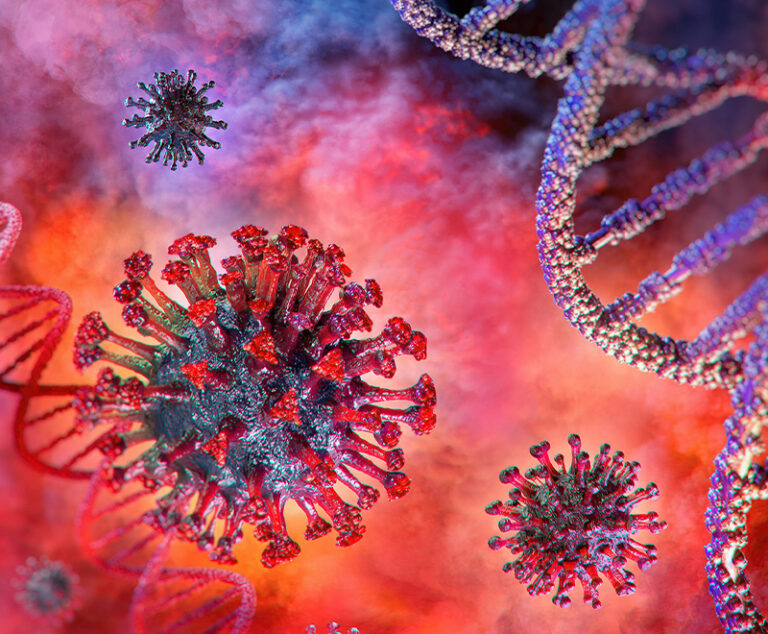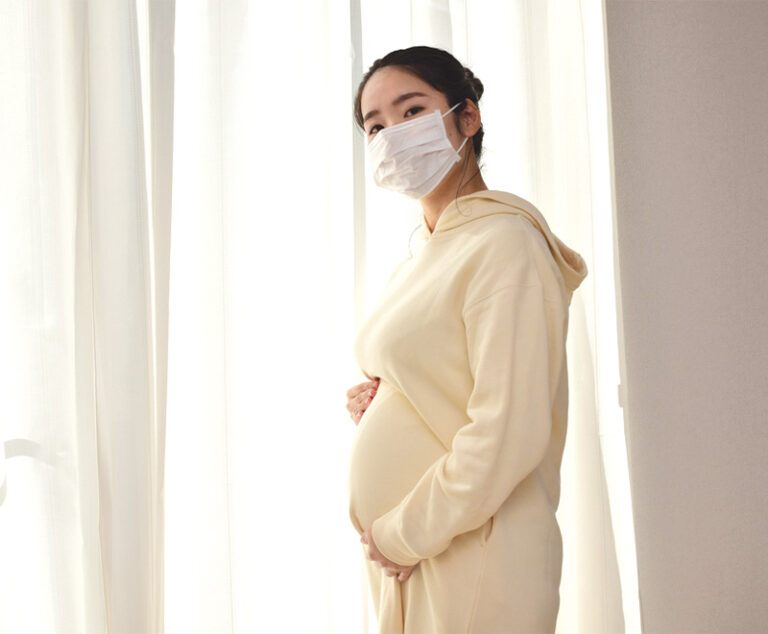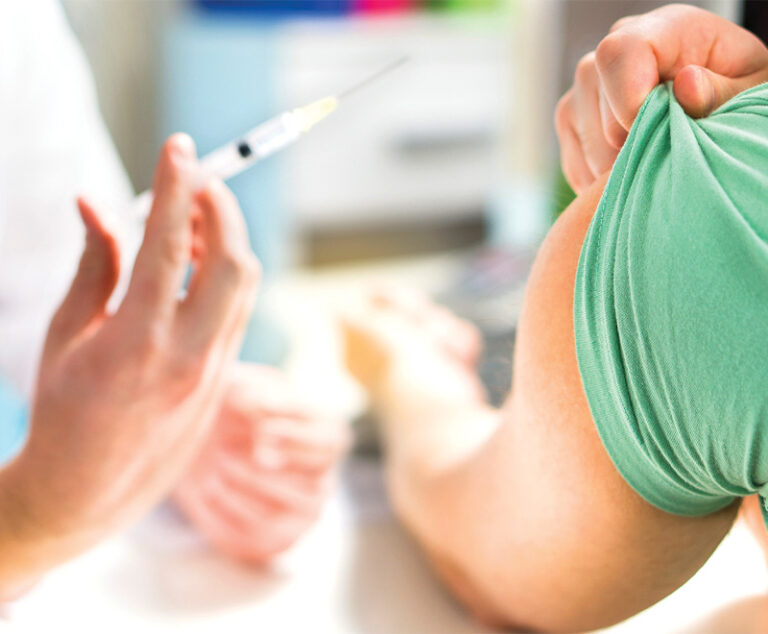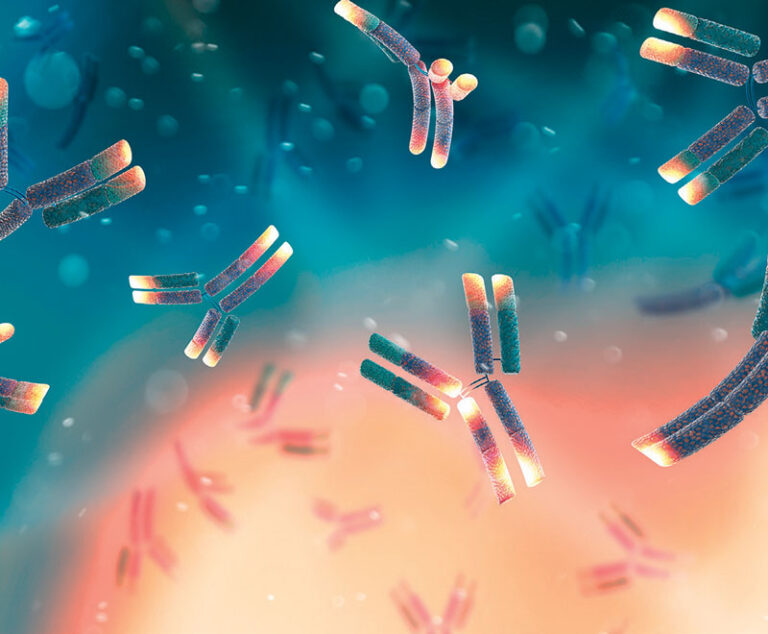Industry Insight
Information, Observation & Analysis
COVID Articles
Three top vaccine producers are making newer vaccines that not only protect against the newer sublineages of COVID-19, but that also protect against other respiratory viruses.
Is finding a healthy work-life balance possible in the post-pandemic world?
The implementation of vaccine passports in response to the COVID-19 pandemic has raised arguments for and against them.
Are precautions to stop the spread of COVID-19 now causing other widespread illness?
The threat of antimicrobial resistance has increased substantially since the start of the COVID-19 pandemic, and while a host of diagnostic tools are available, these life-threatening infections still pose a threat due to limitations of tests, especially those that are rapid.
Due to the urgency in encouraging the public to get vaccinated against the SARS-CoV-2 virus, the message concerning the importance of widespread testing has been neglected, creating a lack of data needed for study by scientists.
The pandemic has left the healthcare system with staffing and revenue shortages, as well as supply chain management challenges, that are expected to extend into the foreseeable future.
A new study demonstrates how severe acute respiratory syndrome coronavirus disease 2 (SARS-CoV-2) infection could be associated with an autoimmune response and development of autoantibodies.
Transition of clinic-based to home-based intravenous immune globulin (IVIG)/subcutaneous IG (SCIG) infusion can be successfully done to decrease potential exposure during a pandemic in a high-risk immunosuppressed population.
Two recent studies effectively determined the antibody responses of pregnant women infected with SARS-CoV-2 and the effect of the fetal sex on those responses, as well as the direct clinical implications for COVID-19 infection and future maternal-fetal vaccination strategies.
“Scientists have identified components of the influenza virus that do not really change muchat all. The critical challenge is getting a vaccine to induce a response to those components.”
— Anthony Fauci, MD, Director, National Institute of Allergy and Infectious Diseases
Newly created treatments for high-risk COVID-19 patients have proved highly effective. Unfortunately, challenges with their distribution and administration have limited their use.
